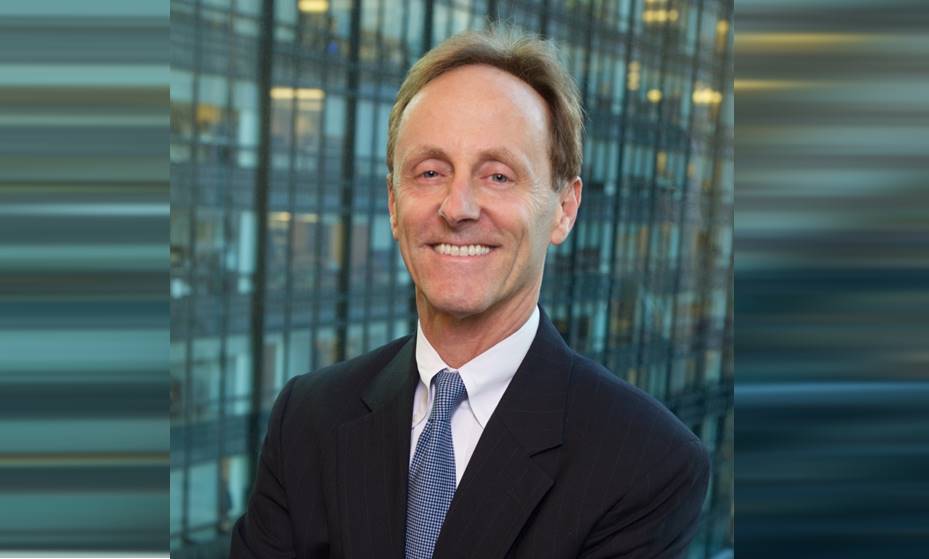
Josh Bersin, industry legend and keynote speaker, talks the future of HR

The buzz about HR departments for the past five years has revolved around one preoccupation – the future of work. But what exactly does that look like?
HRD caught up with Josh Bersin, founder of Bersin & Associates (now Bersin™ by Deloitte), industry expert and keynote speaker at HR Tech Summit Toronto. As part of an ongoing series, HRD talked to Bersin on the emerging issues dominating the people function. This week – the firm of the future.
“We’ve had a decade of digital transformation in business models, products and services as businesses become much more connected to their customers,” he prefaced. “This essentially means organizations are now delivering solutions as services, using data and AI to change the nature of what’s being sold to clients.”
This method has essentially created a different kind of organizational model and a variety of career options within companies.
“Businesses are moving faster and they’re flattening their hierarchies. This means there’s a general consensus now that in order to be really functional, you’ve got to order your management into multi-functional teams – not just sticking to that traditional functional structure. This means people have to work in cross-functional groups and should be rewarded by their skills, not just their job titles.
“Employees skills should be seen as the organizational currency, meaning that your workers will be aiming to develop themselves faster in order to move through the ranks,” Bersin said.
Bersin also explained how this new future of work spells an end to archaic performance management.
“You can’t pay people only based on their individual performance,” he told HRD. “You have to pay them based on their contribution to a team or a project – or the company as a whole. You need to connect teams together to ensure they’re not working at cross-purposes – a culture of knowledge sharing is important here. There’s a renewed focus on transparency, sharing goals online and implementing systems which facilitate collaboration. The organization needs to be seen as a ‘network’ – not a collection of independent business units.”
To put this into context, Bersin cited that almost 95% of companies believe they need a new model of leadership for the future. Employees are moving up into senior management roles at a much, much younger age. As such, Bersin believes companies now need leaders who are really comfortable with agility and experimentation, that can build relationships throughout the company and have a solid understanding of the business. On top of this, they should be expert people leaders and be adept at developing talent in a growth mindset.
“Afterall, the job market is so tight that if people don’t feel fully committed to their organization, most highly skilled employees will find other roles,” added Bersin. “That’s why that next-level of leadership is so crucial.”
Finally, Bersin also has seen a tremendous growth in the need for fairness, diversity and inclusion, and trust. “Until fairly recently, employees worked for a company for most of their careers without questioning its practices. These days, employees – as well as consumers – are really invested in a brand’s ethics and fair practices. Therefore, companies have to differentiate themselves on sustainability, values and trust.”
Join us next week learn what Bersin views as the biggest HR tech trends of 2020. And to hear more from Josh Bersin himself, don’t forget to book your ticket to HR Tech Summit Toronto here.